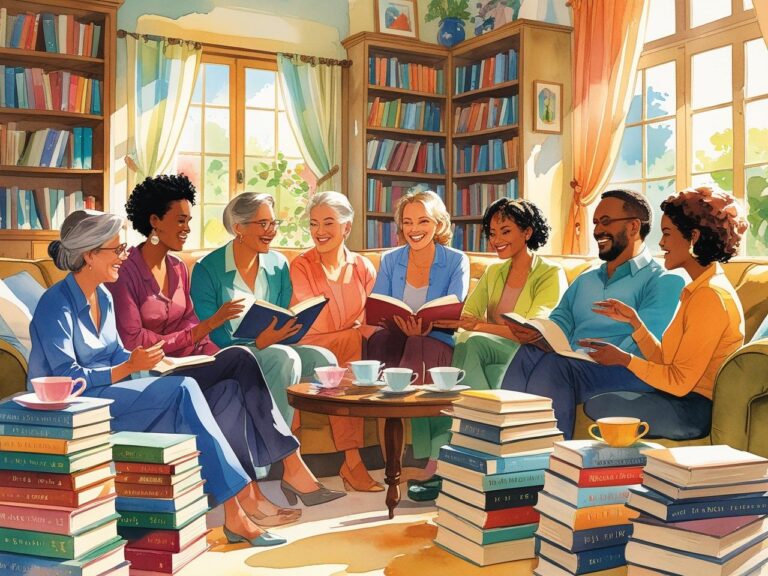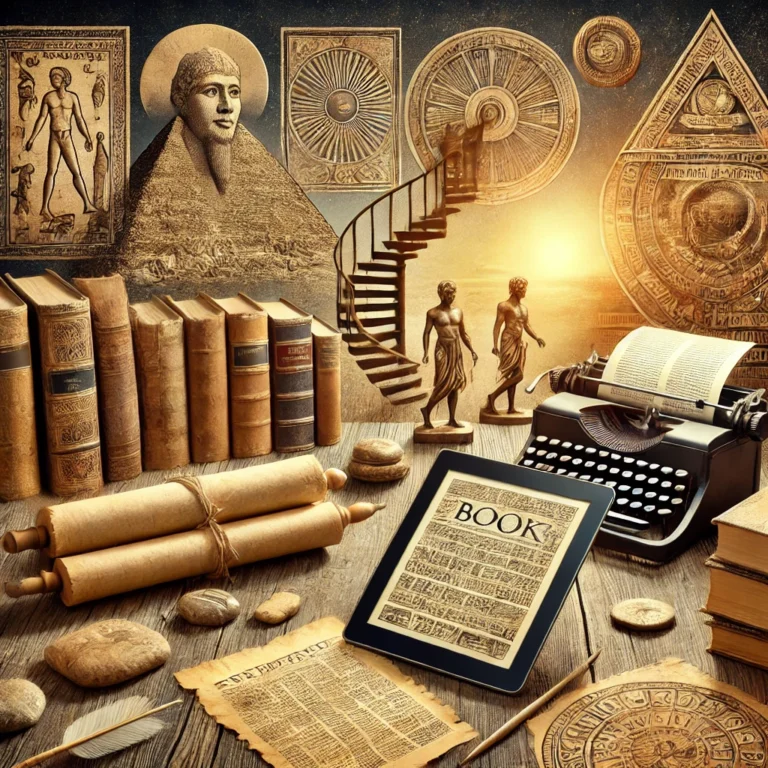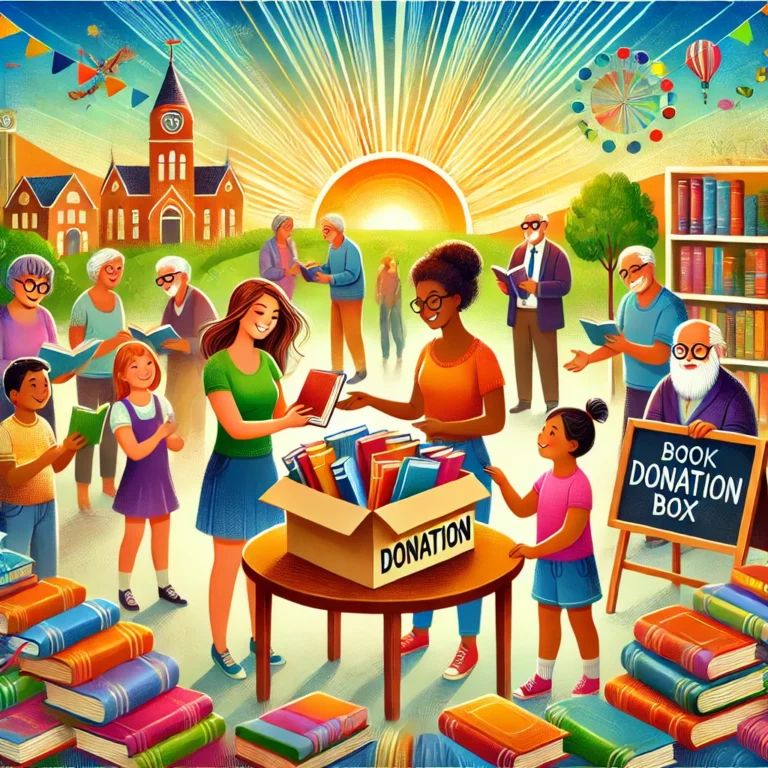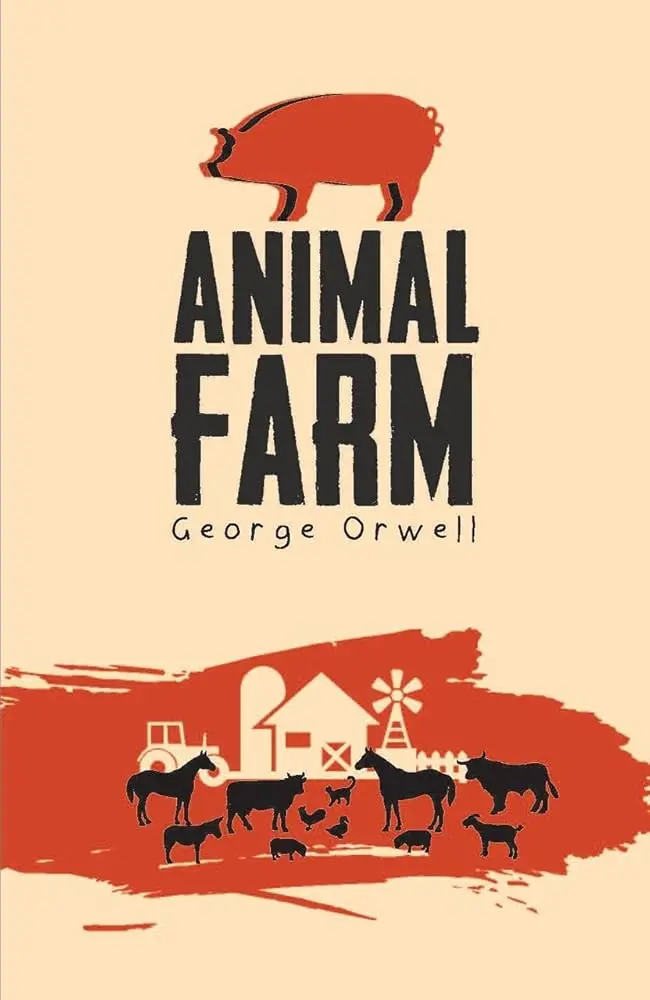Timeless: 10 Classics That Are Still Relevant
There are some books that transcend the time in which they were written and speak to each new generation . These books are written about universal aspects of the human condition and become more valuable over time. Here are 10 classics that are still relevant:
2.1. 1984 – George Orwell
George Orwell’s 1984 examines the oppression of totalitarian regimes, the loss of individual freedom, and surveillance societies. Although written in 1949, the prophecies of the work still hold true in today’s world of social media and increasing state surveillance. Orwell’s concept of “Big Brother” has become a warning symbol of how states and large corporations spy on individuals in today’s world.
2.2. Crime and Punishment – Fyodor Dostoyevsky
Dostoyevsky’s Crime and Punishment deals with the remorse and internal reckoning that comes after a person commits a crime. Raskolnikov’s internal conflict, psychological depth and social criticism present a theme that is still relevant today. As the modern individual contemplates the concepts of crime and punishment, the internal disintegration Raskolnikov experiences mirrors our own spiritual disintegration.
2.3. Blindness – José Saramago
José Saramago’s Blindness tells the story of the collapse of a society that has gone blind, the human struggle to survive, and the loss of moral values. Modern pandemics and social crises reveal how timeless the theme of this work is. The work masterfully handles the conflict between social solidarity and individual interests.
2.4. Animal Farm – George Orwell
Orwell’s short but profound allegory, Animal Farm, deals with totalitarian regimes, the destruction of individual freedoms and the corruption of power. The work, which criticizes the Soviet Union and ideological manipulations, is still frequently cited in political analysis and social criticism around the world.
2.5. Les Misérables – Victor Hugo
Carrion Misérables is about the struggle for justice, mercy and human rights against the backdrop of the French Revolution. Hugo reveals the drama of individuals lost between wealth and poverty, justice and guilt. Each generation can approach the inequality and search for justice experienced by the main characters in this work from different perspectives.
2.6. The Stranger – Albert Camus
Albert Camus’s The Stranger deals with man’s alienation from life, his search for meaning, and his exclusion from society. Camus’ existentialism is a search for a way out for people of all ages. Meursault’s questioning of the meaning of life, committing a crime without any “reason”, and the emotional alienation he experiences afterwards symbolize the inner emptiness of modern man.
2.7. Fahrenheit 451 – Ray Bradbury
Ray Bradbury’s Fahrenheit 451 shows how freedom of thought and individual rights can be destroyed in a society where books are banned. In today’s digital age, it can be a warning about the limitations on access to information and the erasure of cultural memory.
2.8. Wuthering Heights – Emily Bronte
Emily Brontë’s Wuthering Heights tells the story of how a passionate love affair turns into an obsession and darkens the lives of all the characters. This work is not just a love story, but a keen observation of the darker side of the human soul. Brontë’s gothic atmosphere has inspired many of today’s psychological thrillers.
2.9. Don Quixote – Cervantes
Miguel de Cervantes’ Don Quixote deals with the clash of dreams with reality, the impotence of ideals in the face of all material reality. In order to understand the emotional voids that individuals who are still disillusioned in today’s modern world struggle with, it can be an important lesson to look at Don Quixote’s ideals.
2.10. Anna Karenina – Lev Tolstoy
Tolstoy’s Anna Karenina tells the tragedy of a woman who does not live as society expects, while deeply examining themes of love, marriage, loyalty and guilt. This work, which makes one think about family and love relationships in every age, is still considered one of the most powerful social criticisms.





